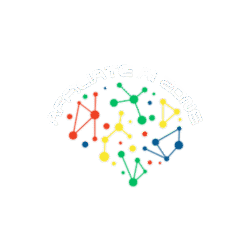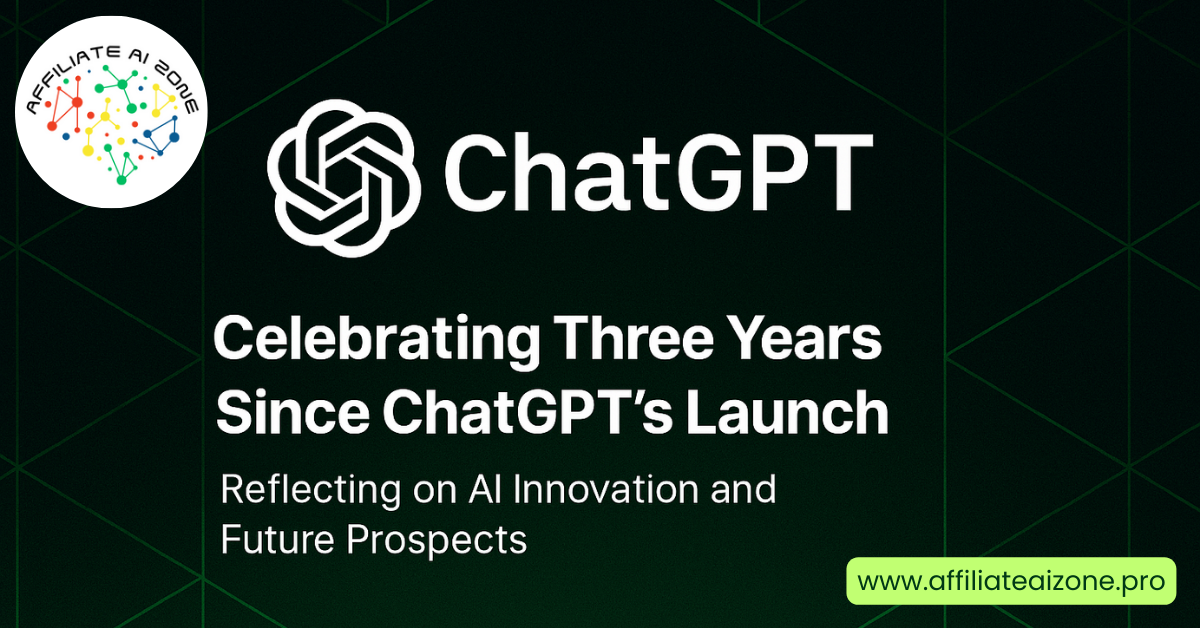Artificial Intelligence (AI) has rapidly transitioned from futuristic concepts to everyday tools, seamlessly integrated into our personal and professional lives. As we step into 2025, the conversation around AI ethics and governance is becoming increasingly critical. This discussion isn’t just about preventing harm—it’s about creating AI systems that are equitable, accountable, and universally beneficial.
The Core Ethical Issue: AI Literacy
The most pressing ethical issue facing AI in 2025 is AI literacy. Despite the growing presence of AI across industries, many people are still unaware of how frequently they interact with AI systems. From content recommendations to automated customer service, AI touches nearly every aspect of our lives.
AI literacy refers to the ability to understand, evaluate, and use AI responsibly. Without widespread AI literacy, addressing key concerns such as algorithmic bias, data privacy, and environmental impact becomes nearly impossible. Whether it’s government leaders drafting regulations, developers building tools, or students preparing for future careers, AI literacy must become a foundational skill for everyone.
Accountability: A Close Second
Right behind AI literacy lies the issue of accountability. For AI to operate ethically, there must be clear responsibility structures in place. Those in positions of power—be it policymakers, corporate leaders, or AI developers—must be held accountable for the decisions their models make. Ethical oversight and governance frameworks must include funded roles specifically tasked with monitoring and addressing unintended consequences of AI systems.
The Hurdles in Ethical AI Development
One of the biggest barriers to developing ethical AI is the misconception that it’s solely a technical problem. In reality, AI ethics is a socio-technical challenge requiring multidisciplinary teams.
Building responsible AI systems requires more than just data scientists. Teams need linguists, sociologists, philosophers, and diverse individuals with varied life experiences to evaluate questions like:
- Is the AI addressing the right problem?
- Is the data ethically sourced and contextually relevant?
- What unintended consequences might arise, and how can they be mitigated?
The inclusion of diverse perspectives ensures AI models are not only more ethical but also more accurate and effective.
Global Trends in AI Governance
Globally, AI governance is witnessing a tug-of-war between innovation and compliance. The European Union (EU), however, is setting an impressive standard with bold regulatory visions. Initiatives like Horizon Europe and How to Change the World are driving interdisciplinary collaboration and promoting AI literacy.
The EU is emphasizing human rights by focusing on data privacy, transparency, and minimizing bias in AI systems. Moreover, their push for third-party AI audits sets a precedent for accountability worldwide. Countries across the globe can learn from Europe’s holistic approach to AI governance and ethical integration.
Building a Responsible AI Future
Responsible AI isn’t just about what we can build—it’s about why and how we build it. Ethical AI innovation relies on three key pillars:
- Diversity: Diverse teams foster creativity and help uncover blind spots in AI systems.
- Equity: Equitable access ensures broader societal benefits.
- Inclusion: Inclusive design minimizes bias and creates technology that serves everyone.
Final Thoughts
As AI continues to evolve, the ethical challenges it presents will grow in complexity. However, by prioritizing AI literacy, fostering accountability, and embracing a multidisciplinary approach to AI development, we can create systems that are not only powerful but also just and fair.
The future of AI isn’t about choosing between innovation and ethics—it’s about ensuring they go hand in hand.




